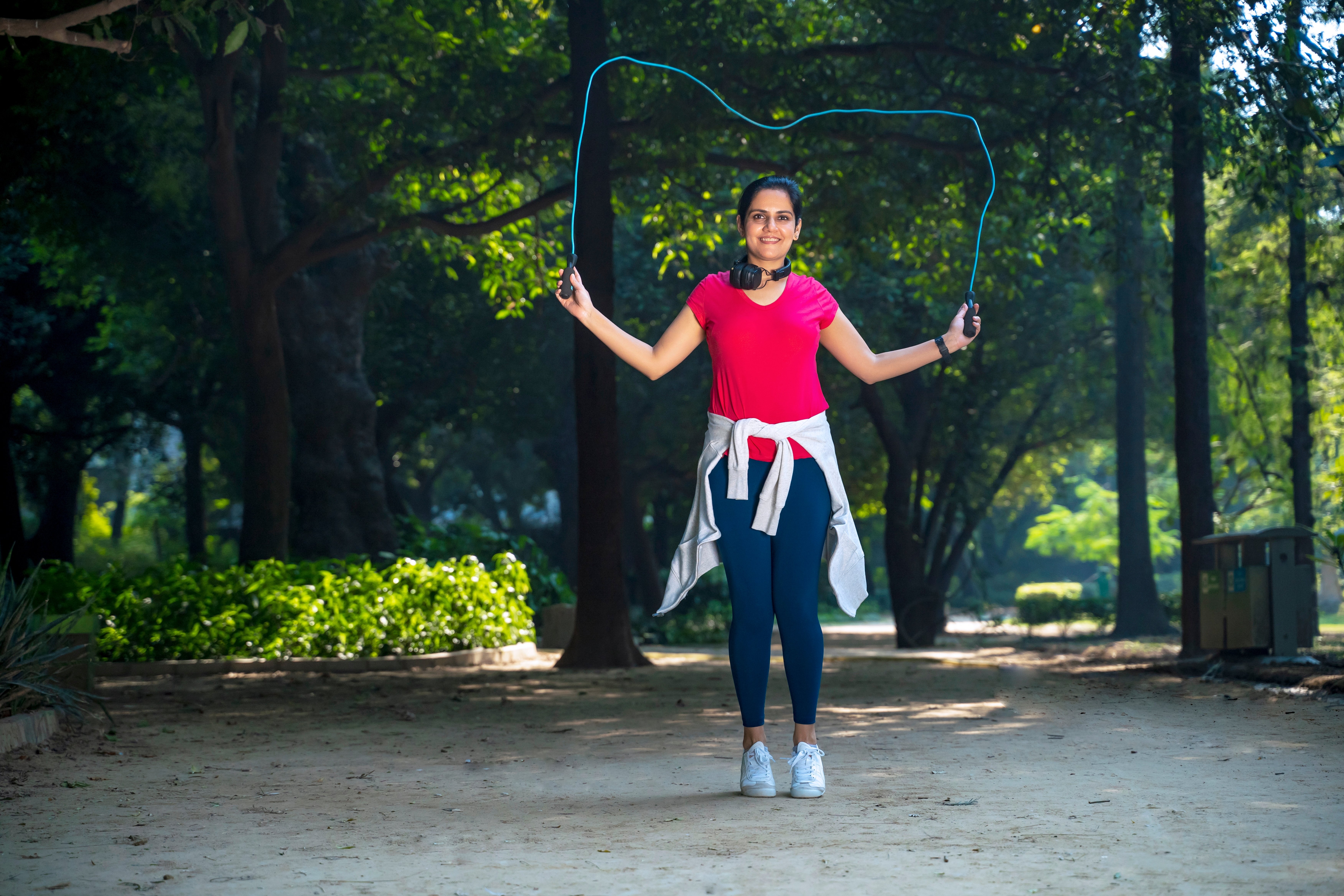Search
There are 601 result(s) for exercise
-
EVENT
100 Skips a Day ChallengeDate
1 to 30 November 2025
Location
Anywhere
100 Skips a Day Challenge
-
RESEARCH
Is too much sitting bad for your health?Loughborough University | Professor Mark Hamer
Many of us spend a lot of time sitting down, either sitting at a desk, driving or watching TV. But it is important to get active - physical activity reduces the risk of many diseases including heart disease, stroke and diabetes. Despite the...
-
Catecholaminergic polymorphic ventricular tachycardia (CPVT)
CPVT is a rare inherited heart rhythm disturbance found in young people and children.
-
All about microvascular angina
Microvascular angina results from an abnormality of the tiny arteries in the heart muscle that play a key role in regulating blood supply to the heart.
-
10 principles of intuitive eating
The principles of intuitive eating focus on breaking down dieting cycles and reconnecting with the body's natural signals around food.
-
Stress
Stress can make you turn to unhealthy habits which increase your risk of heart and circulatory disease. Learn what stress is, whether it can cause high blood pressure or a heart attack and how to manage it.
-
Cholesterol and statins - what do I need to know?
Delving behind the headlines: What is cholesterol? Why is it bad? Do statins actually work? We explore the science behind the news stories to find the answers
-
Atrial septal defect
Learn more about atrial septal defects including the types, what causes them, treatments, and how to live with one.
-
“I was on a mission to get better”
Denis Collen, 60, from Stanmore, Middlesex, shares how a diagnosis of heart failure and diabetes spurred him to make healthy lifestyle changes.
-
RESEARCH
The athlete’s paradox, insulin resistance and diabetesUniversity of Aberdeen | Professor Dana Dawson
Dr Dana Dawson and her team at the University of Aberdeen are investigating the ‘athlete’s paradox’: why both obese people with diabetes and trained athletes have higher levels of lipids (fat) in their muscles, but with differing impacts on...


